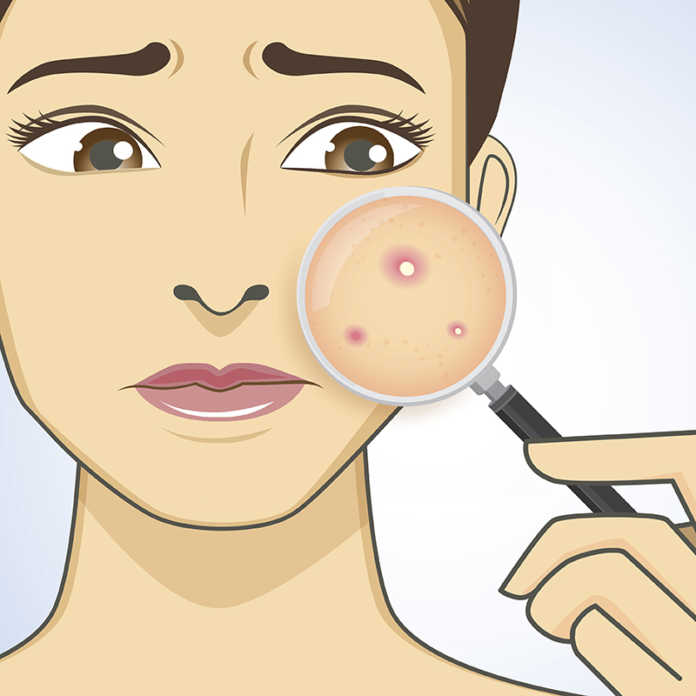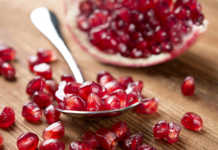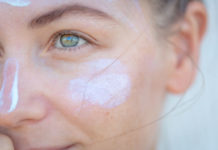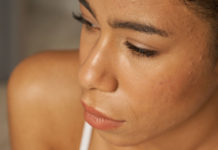
You’re well beyond your awkward, acne-prone teenage years—so why hasn’t your skin got the memo?
BY CORRINA MOSCA
Much to your chagrin, bad breakouts may not necessarily end when puberty does. However, you’re not alone in this struggle; many women have to deal with acne right through to menopause. According to dermatologists, a variety of factors could be to blame from out-of-whack hormones to skin-clogging makeup and different aspects of your daily life could cause pimples.
THE USUAL SUSPECTS
HORMONES
Whether you’re about to get your period or are nearing menopause, changes in your hormones can play a starring role in unsightly breakouts. This is caused by a rise in the body’s androgens (male hormones), which shift the skin’s oil production into overdrive, leading to clogged pores.
STRESS
Let’s face it: in today’s fast-paced world, it’s easy to get bogged down by feelings of anxiety. Unfortunately, this also may trigger an influx of acne-inducing hormones. When the body responds to stress, it releases both cortisol—aptly known as the “stress hormone”—and a small amount of testosterone, which can affect the skin’s oil-secreting sebum glands.
OVER-CLEANSING
Although keeping your skin ultra-clean may sound like a great way to fight oily skin, it actually produces the opposite effect. Cleansing the skin more than twice a day dries it out, so it compensates by over-producing oil.
POOR DIET
While acne-inducing foods differ for each individual, sugar has been named as an all-around skin saboteur. Sugar leads to higher levels of insulin, which may boost the production of pore-clogging androgens.
SUB-PAR SKIN PRODUCTS
Using makeup to cover your blemishes may be really counterintuitive. Heavy-coverage, oil-based formulations can clog pores and generate breakouts.
YOUR ANTI-ACNE CHECKLIST
To keep your breakouts at bay, keep the following in mind:
- Look for skin products and cleansers that contain anti-acne ingredients. Glycolic acid is a great option, especially as you age: this alpha-hydroxy acid gently exfoliates the skin, targeting acne and wrinkles at the same time. Retinol, a derivative of vitamin A, has collagen-building properties, helping to reduce visible signs of aging.
- What you eat may be causing you to break out. Changing up your diet to include anti-inflammatory foods will help to quell breakouts before they start.
- When it comes to makeup and moisturizers, choose non-comedogenic, water-based options—these won’t clog your pores and will sit lightly on the skin.











